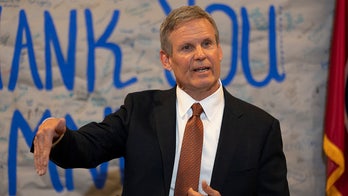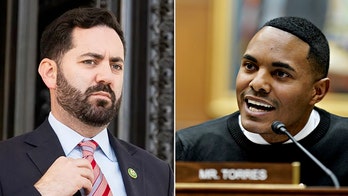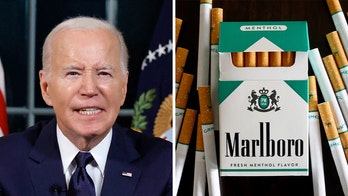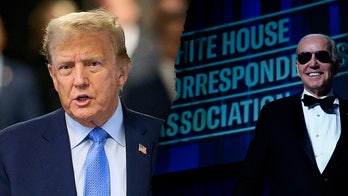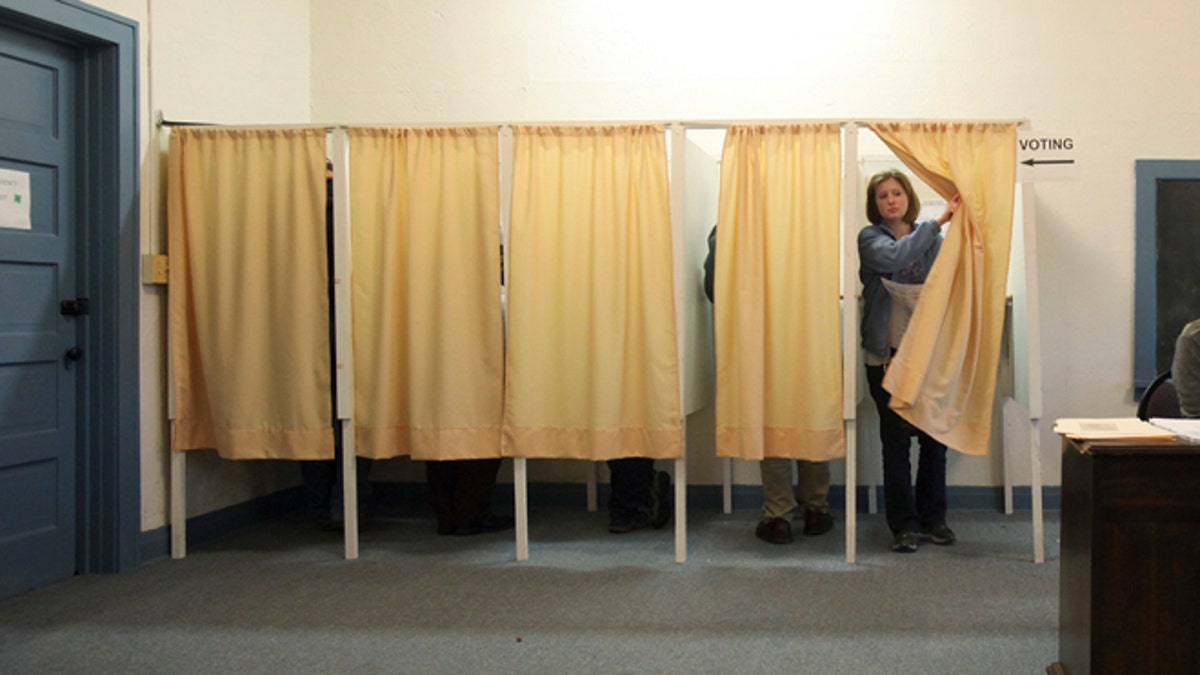
FILE: Nov. 6, 2012: A voter finishes casting her ballot during the presidential elections, in Cannon Falls, Minnesota. (REUTERS)
If Massachusetts residents indeed have a unique enthusiasm for sports and politics, they appear to be suffering from too much of a good thing.
The recent Senate election -- the state’s third in less than four years -- resulted in just 27 percent of eligible voters casting a ballot.
A low voter turnout in the June 25 special election race between Republican Gabriel Gomez and Democratic Rep. Ed Markey was expected. Secretary of State William Galvin said several days before the polls opened that he was “extremely concerned” about turnout, based on absentee-ballot requests.
Political strategists hinted a low turnout in such a heavily Democratic state (and voters already distracted by the Boston Bruins in the Stanley Cup finals) would help the Republican. But Markey still won 55-to-45 percent to take the seat left open when Democratic Sen. John Kerry was confirmed in January as secretary of State.
Massachusetts voters had barely recovered from the TV ads, fundraising requests and all of the other extras related to the Senate race that ended in November 2012 with Democrat Elizabeth Warren defeating incumbent Republican Sen. Scott Brown.
By comparison, 73 percent of the state’s 4.34 million registered voters cast ballots in that presidential-election-year race. And 54 percent turned out when Brown was first elected in a 2010 special election, taking the open seat of Democratic Sen. Ted Kennedy.
Now, in just 17 months after the Markey-Gomez race, residents will face another round of elections, including one for the governorship and another to determine whether Markey deserves a full, six-year term.
“I think you have democratic fatigue," Peter N. Ubertaccio, a political science professor at Stonehill College, in Massachusetts, recently told The Boston Globe. “It can be overwhelming to the sense of any citizen, even those usually active in politics.’’
The succession of Senate elections is the result of law passed in 2004 by Democrats in the state legislature. They created a special-election system to prevented then-Republican Gov. Mitt Romney from appointing a replacement for Kerry had he won the presidency.
Still, state Rep. William Straus, who helped write the legislation, recently told The Globe the “benefit of the democratic process” outweighs the voter fatigue.
“This is not normal,” John S. Baick, a history professor at Western New England University, told MassLive.com. “Massachusetts has been consumed with elections, like non-stop, since Sen. Kennedy died.”

